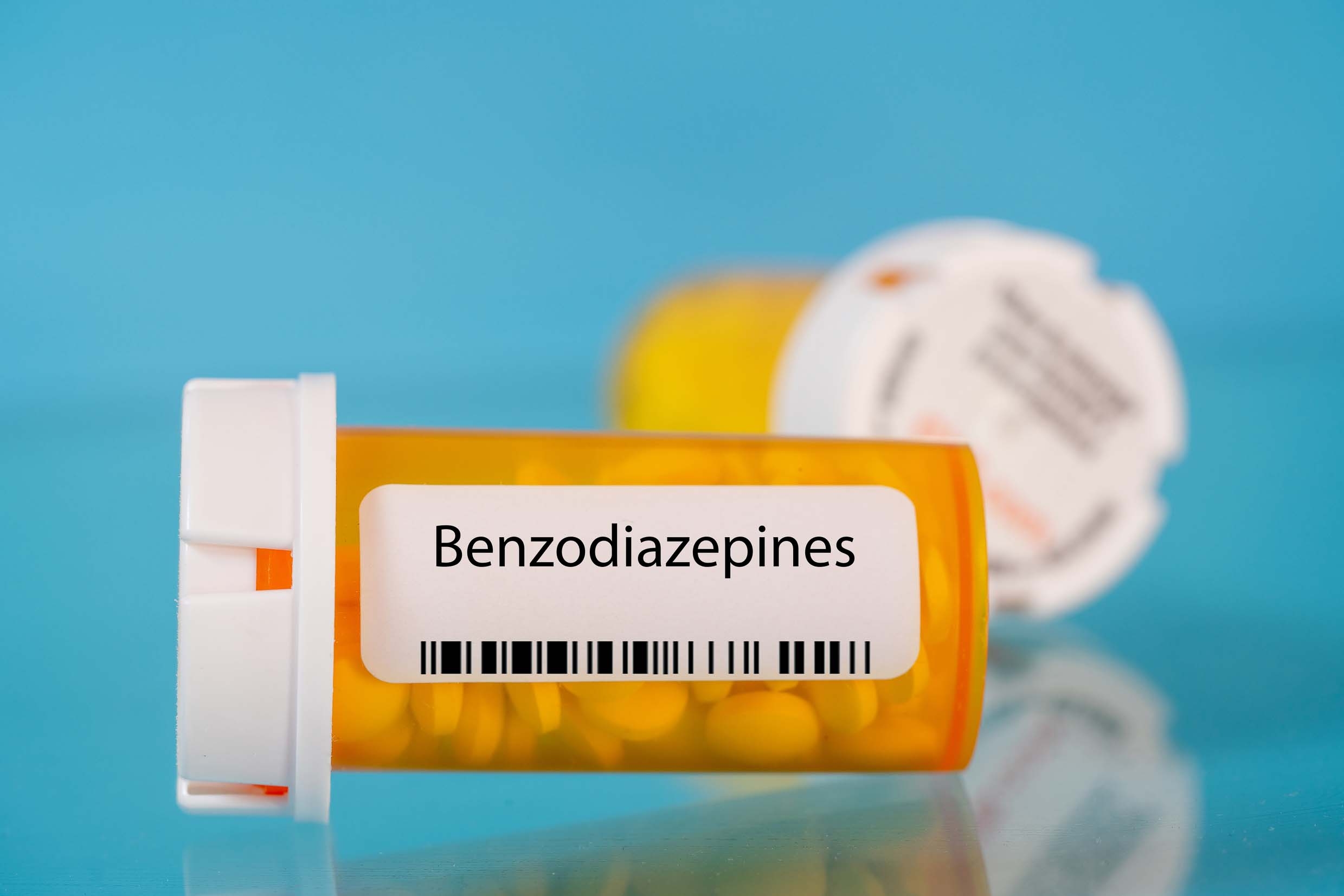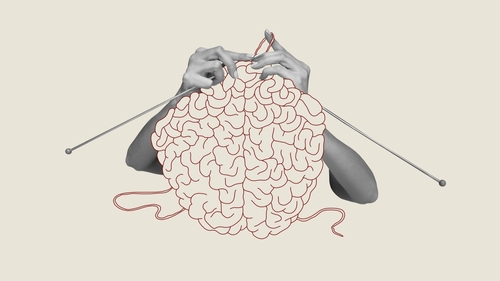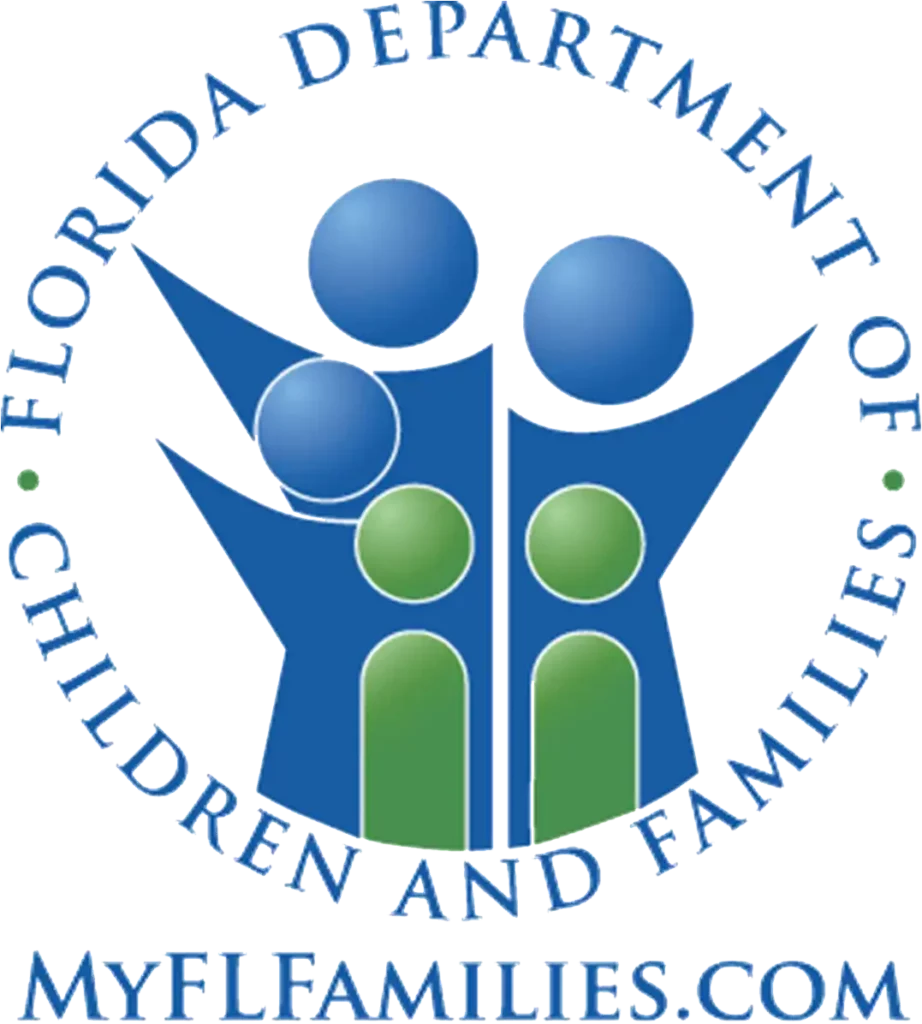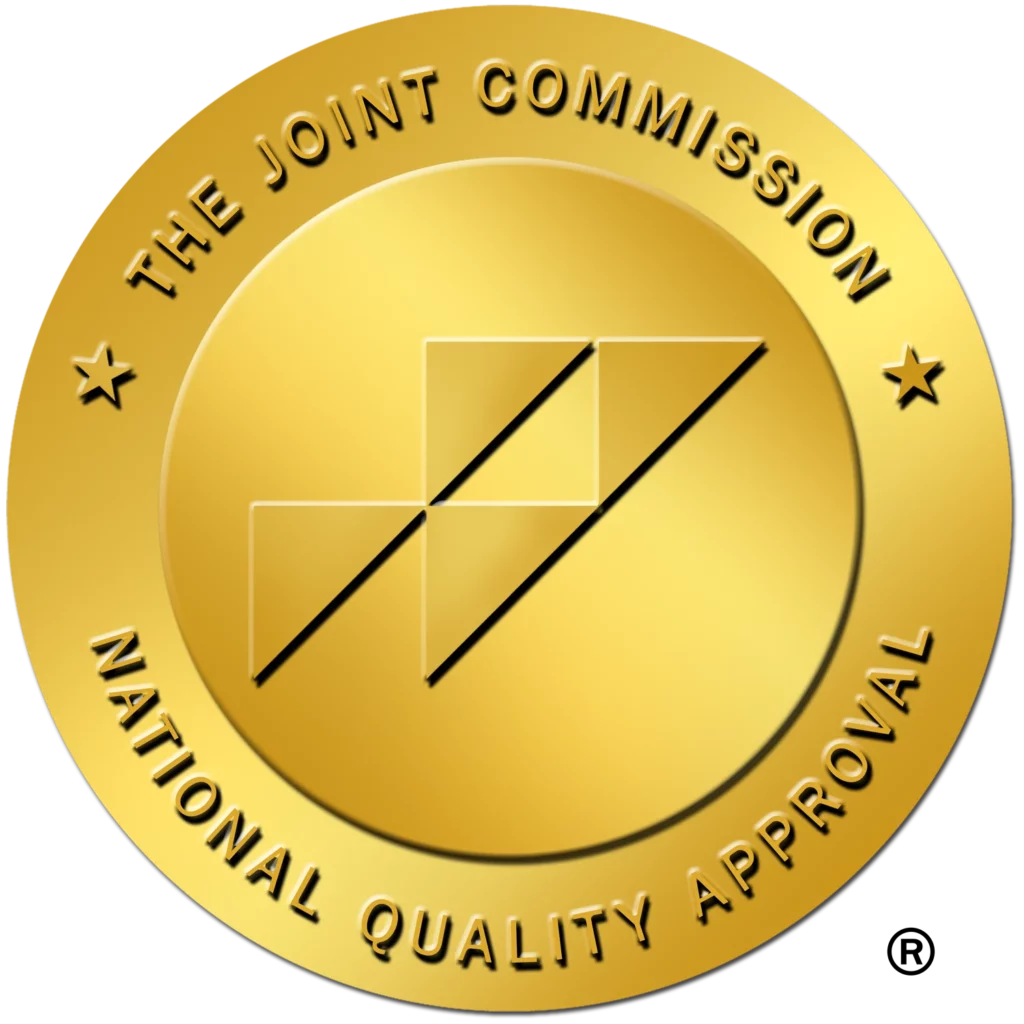Understanding Addiction Relapse and Signs of Relapse
This entry was posted in Addiction Recovery, Alcohol Abuse, Drug Abuse and tagged relapse, signs of relapse, understanding addiction on October 26, 2023 by Justin Baksh, MS, LMHC, MCAP, Chief Clinical Officer.

The path to addiction recovery is rarely a straight road. There are usually bumps and curves, progress and setbacks. These setbacks can be stressful for both people in recovery and their loved ones. Recognizing a relapse, or the potential for one, early on is the best way to get through it and back on a good road.
What is addiction relapse?
In simple terms, a relapse is when someone goes back to using a substance or engaging in a behavior they were trying to quit. But here’s the key thing: A relapse doesn’t mean that your loved one can’t have a successful recovery journey. It’s a common bump in the road that many people experience. Doctors often see addiction as a chronic, long-term condition similar to diabetes. If someone’s sugar spikes, you wouldn’t say their treatment failed; you’d adjust the treatment. It’s the same with addiction.
Why do relapses occur and what are the underlying causes?
If you’re trying to make sense of why a loved one has experienced a relapse, know that it’s often not just one thing that causes it. Relapses can happen for a mix of reasons, from emotional triggers and life stressors to gaps in treatment. Understanding the ‘why’ can be complex but is key to helping your loved one get back on track.
Emotional and Psychological Factors
A bad day at work, a fight with a friend, or even positive events like a celebration can lead to emotional swings that trigger a relapse. The emotional highs and lows can make the idea of using again seem appealing as a quick fix.
Environmental Cues
Ever heard the saying, “old habits die hard”? Sometimes just being in a particular place or around certain people connected to past substance use can trigger cravings strong enough to lead to a relapse.
Stress
Stress is a major player. The stress-response system in our body can make us more vulnerable to relapse. It’s not just about “big” stresses like losing a job; even smaller, everyday stresses can pile up and push someone toward relapse.
Treatment Gaps
Sometimes the treatment plan just isn’t enough, or it might not be the right fit. Maybe the medications aren’t effective anymore, or maybe the therapy sessions aren’t addressing the root issues. If the treatment isn’t working, relapse is more likely.
Social Support or Lack Thereof
Support from family and friends can be a lifeline, but if that network isn’t strong or is even negative (like friends who still use), it can pull your loved one back into old patterns.
Coexisting Mental Health Conditions
Often, people with addiction also have other mental health issues like depression or anxiety. These conditions can complicate the recovery process and make relapse more likely if not treated together.
How do you support someone showing signs of relapse?
If you’re worried that a loved one is showing signs of relapse, you’re probably feeling confused, concerned or even helpless. The good news is that your support can make a big difference.
Positive Support Strategies
Open and Non-Judgmental Communication
Active Listening: Simply being there to listen without judgment can be incredibly empowering for your loved one.
Pose Questions That Invite Discussion: Motivate your loved one to open up about their emotions and thoughts by asking questions that require more than a straightforward ‘yes’ or ‘no’ response.
Seek Medical Advice: Remind them that it might be time to talk to their doctor to review or adjust their treatment plan.
Be a Companion: Offer to go with them to medical or therapy appointments for added moral support.
Emotional Support
Be There: Emotional presence can be as valuable as physical presence. Let them know you’re there for them.
Avoid Triggers: Help them steer clear of people or places that could tempt them back into old habits.
Practical Support
Coordinate Care: Help in coordinating appointments or keeping track of medications can relieve additional stress for your loved one.
Attend Support Groups: Offer to attend self-help or family support group meetings together for mutual support and understanding.
Preventing Relapse
While there’s no guaranteed way to prevent relapse entirely, a combination of ongoing professional treatment, strong social support, and personal coping skills can significantly reduce the risk.
Positive Support Strategies
Ongoing Professional Treatment
Consistent therapy is very important. Regular sessions allow healthcare providers to closely monitor progress and adjust treatment plans to changing needs.
Medication Management: Consistency and monitoring of medications is essential.
Strong Social Support Network
Family and Friends: Having a close circle of trusted people to give you emotional support and help during hard times.
Peer Support: Joining support groups or recovery programs offers peer-based understanding and coping strategies.
Personal Coping Mechanisms
Stress Management: Stress is a strong trigger for relapse, so finding ways of managing it – such as mindfulness practices or meditation – is key.
Self-Awareness: Knowing one’s triggers and limits can be empowering and act as an early warning system.
Handling Triggers to Prevent Relapse
- Dealing with triggers can be a tough part of avoiding a relapse. The key is to know what might set off those old habits and have a plan ready for how to handle them.
- Recognizing your triggers is half the battle. Write down the situations, people, or emotions that make you feel like falling back into old habits. Discuss your list with your therapist to find solid ways to deal with each trigger.
- Have a game plan. If you can, steer clear of triggers. But, sometimes that’s easier said than done. Think of actions you can take when faced with a trigger, like calling a friend or doing deep breathing.
- Lean on loved ones and those people who support you in your recovery. When you feel a trigger coming on, reach out to friends or family for support. Sometimes, the urge can be really strong. If that happens, it might be good to get in touch with your doctor, therapist or a crisis helpline.
- Remember, you don’t have to go it alone. Dealing with triggers is easier when you’re prepared and have people around you who can help. Keep working on it—you’re stronger than you think.
In Case of Relapse: Immediate and Long-Term Steps
When you find out that your loved one has relapsed, you’ll probably feel a lot of emotions now —anger, confusion, disappointment, and maybe even a sense of betrayal. It’s crucial to remember, a relapse doesn’t mean it’s all over. There are solid steps that can be taken to help your loved one get back on track.
Emergency Situations
If there’s an immediate risk of overdose or severe withdrawal symptoms, seek emergency medical help right away. Even if it’s not an emergency, consulting with your loved one’s healthcare providers is essential.
Provide Emotional Support
Be a good listener. Your loved one might want to talk it out. Listening without judgment can lighten some of their emotional load. It’s also important to support them in contacting their therapist or counselor to explore what led to this relapse.
Long-Term Strategies
- Help Reevaluate the Treatment Plan
- Discuss with healthcare providers what changes may be needed in their treatment, such as adjusted medication or new therapy methods.
- Strengthen Coping Skills: Use this setback as a learning opportunity to reinforce effective coping mechanisms for the future.
Ongoing Support
- Keep a close relationship with your loved one to provide ongoing emotional stability.
- Long-Term Medical Assistance: Urge consistent check-ins with doctors and therapists to keep track of how things are going and make any necessary changes to the care plan.
- A relapse is undeniably hard, but it’s also a chance to regroup and find new ways to tackle the challenges ahead. You can be a powerful pillar of support for your loved one during this time.
- Remember, recovery is not a straight path—it has its highs and lows, and that’s okay. The main goal is to keep moving forward.
The Road to Recovery is a Journey, Not a Sprint
While facing a relapse can be an emotionally draining experience for both you and your loved one, it’s crucial to remember that recovery is not a one-time event but a continuous journey. It’s filled with challenges, no doubt, but also filled with opportunities for growth, learning, and deepening connections with those you care about.
This setback doesn’t define your loved one or their journey toward recovery; rather, it’s a momentary detour that can be navigated with the right tools, emotional support, and professional guidance. The key takeaway here is not to lose hope or give up. Both of you are stronger than this obstacle, and with persistent effort and unwavering support, the road ahead will become clearer and more manageable.










